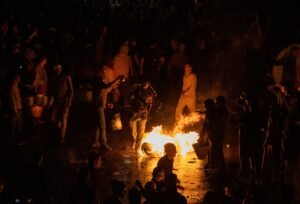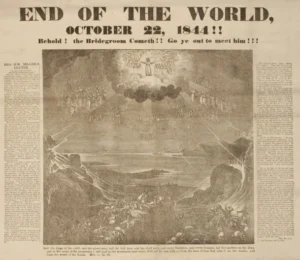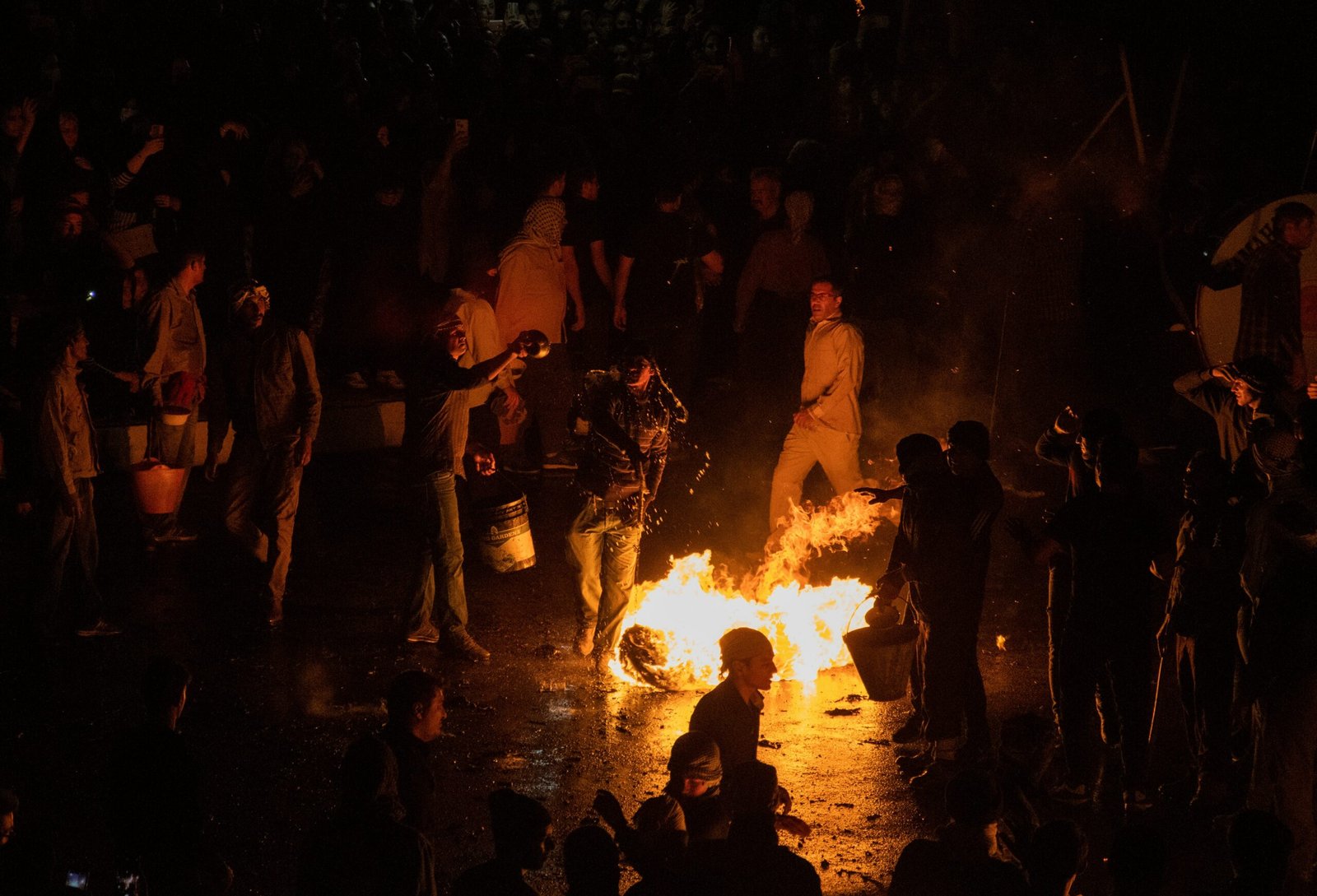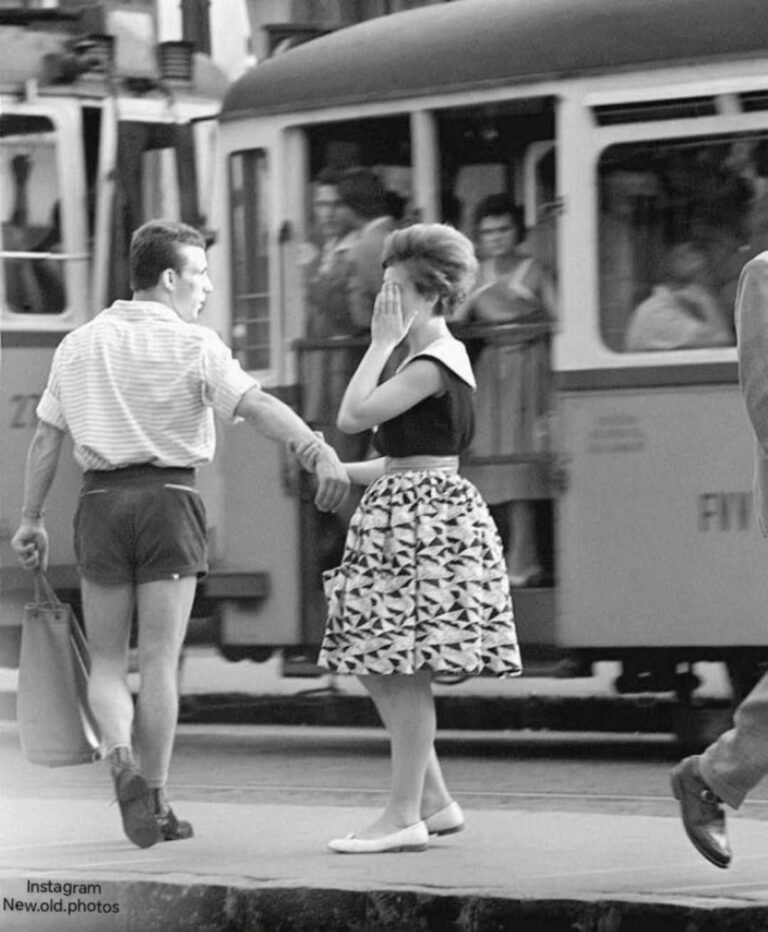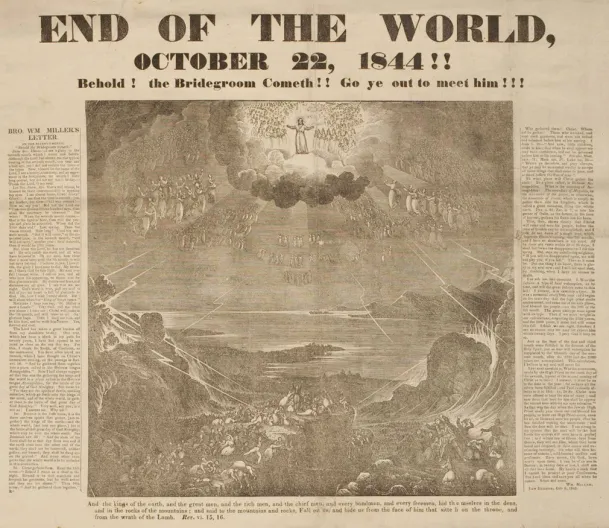It starts with a mood. Sometimes, it’s optimism. Other times, it’s quiet dread. And then somewhere between TikTok doomscrolls of scary s**t and dodging loan app phone calls that seem to mock your situation, you start asking, “Is something…happening?”
NOTE: Check the Global Protest Tracker to see the locations of protests worldwide.
Yeah, something is happening. Something is always happening. And it usually has before. You predict the future by knowing your past, and some theorists believe they can discern when this will happen or when it begins to unfold. Let’s get one thing straight. History does not repeat, but it does rhyme; loudly and annoyingly.

Historians, economists, and amateur prophets of doom have tried to make sense of this rhythm since the invention of agriculture and civilizations. They had heard of what they were experiencing happening before, in living memory, in mythical songs, in prehistoric tales.
Often, even when we know what is coming, we fail to interpret what we are told correctly. Not knowing what to expect is rarely the problem.
Let’s get into it.
Winter Is Coming
With that aged Game of Thrones reference, let’s dive straight into a theory I saw recently that captured my attention. It is known as the Long Economic Cycles theory, also referred to as Kondratiev waves.
There are other theories that describe this cyclical nature of history, including the Strauss-Howe Generational Theory, the Youth Bulge Theory, and World Systems, among others.
Studying any of these theories will lead you to the same conclusion many of us have: we are living in weird times, and we are due a break. Something is about to give.
Kondratiev Waves (Long Economic Cycles)
This theory is my favorite. It follows a seasons format, making it easier to understand. Kondratiev Waves examine the world through the lens of technological progress and how it ultimately forces change.
The First Winter: Steam Engines
We can go all the way back to our mastery of fire, but we don’t need to. Let’s start with the steam engine and steel refining in the late 1700s. The world shuddered into what we call the modern era when the first coal furnaces in Britain roared to life and the steam engine became our first taste of artificial power.
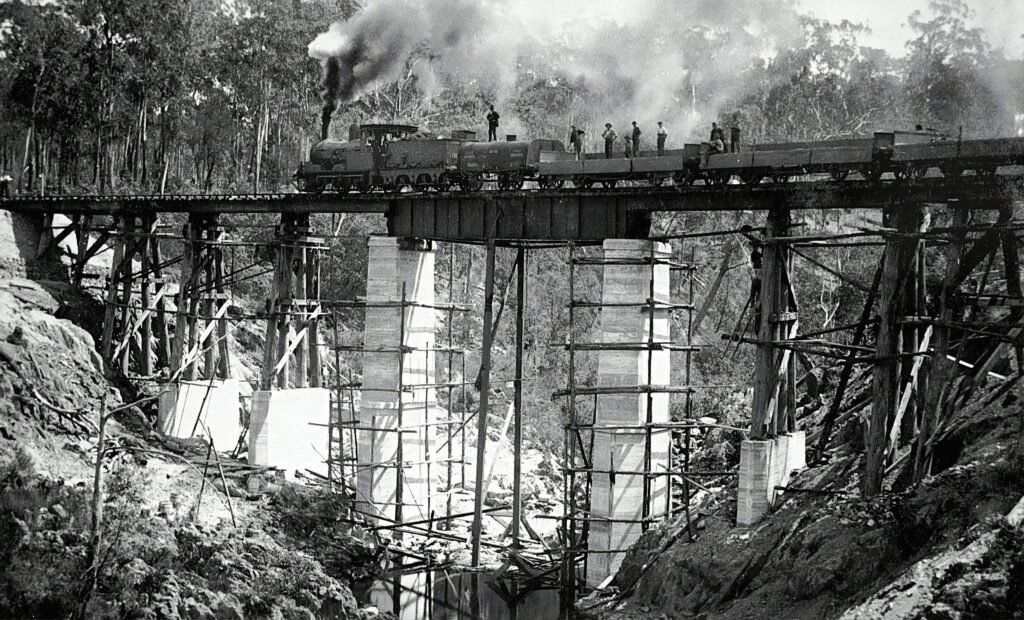
We no longer had to obey the wind or limit ourselves to muscle. We could now force rivers to run backward and started measuring time in factory shifts. Your three meals a day routine comes from this early stratification of days. Before that, people would snack throughout the day, with one large meal sometime in the midday or late afternoon.
By the early 1800s, this technological Renaissance had spread like the soot the factories belched, with railroads slicing through continents, steamships stitching oceans into commercial lines, and textiles turning colonial cotton into imperial gold.
It was the age of productive chaos. Growth surged. Empires expanded. But so too did inequality.
The First Summer: Steel, Oil, and Telegraph Wires
The honeymoon did not last. As factories swelled, overproduction led to colonial backlash. Prices dropped. Profits thinned. Labor unions rose. The first great depression rolled in, but innovation did not stall.
The late 1800s saw the second wave cresting as electrification and telecommunication arrived. Edison lit up New York. Bell rang the first long-distance call. Oil bubbled from the Texas ground, and steel turned cities vertical.
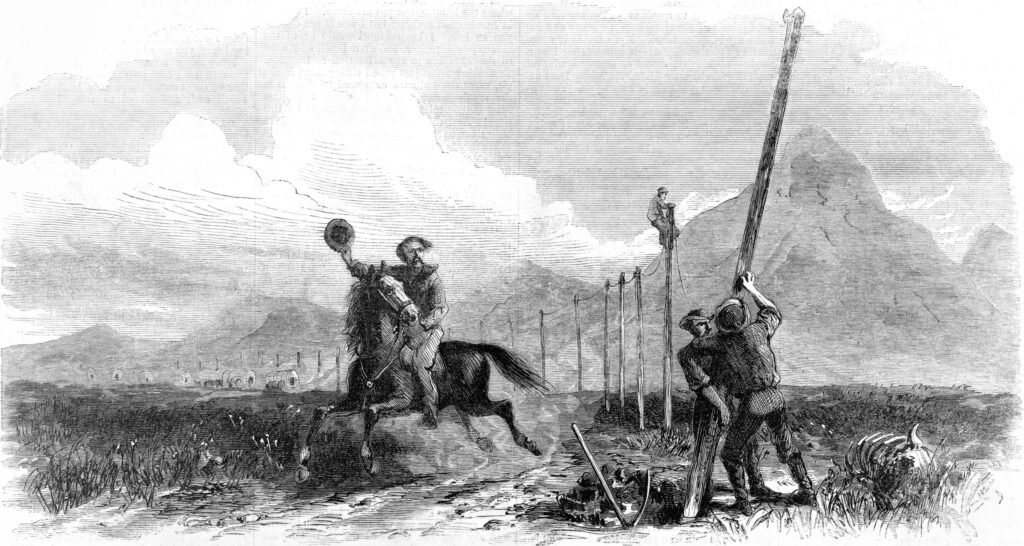
It was modernize or be left behind. The world got wired up and then had itself a First World War over who would control what, in the proud tradition of European conflicts. Four major empires collapsed (German, Ottoman, Austro-Hungarian, and Russian), 16 million people died, and revolutions followed.
The First Autumn: Cars and a Crash
The 1920s roared into view. Radios crackled to life. Ford’s Model T (a symbol of mass production) flooded roads. Wall Street held the world’s attention. But every autumn bears rot beneath the golden leaves.
By 1929, the Great Depression (named so cause it was the GOAT) hit like a hammer. Banks fell. Unemployment soared.
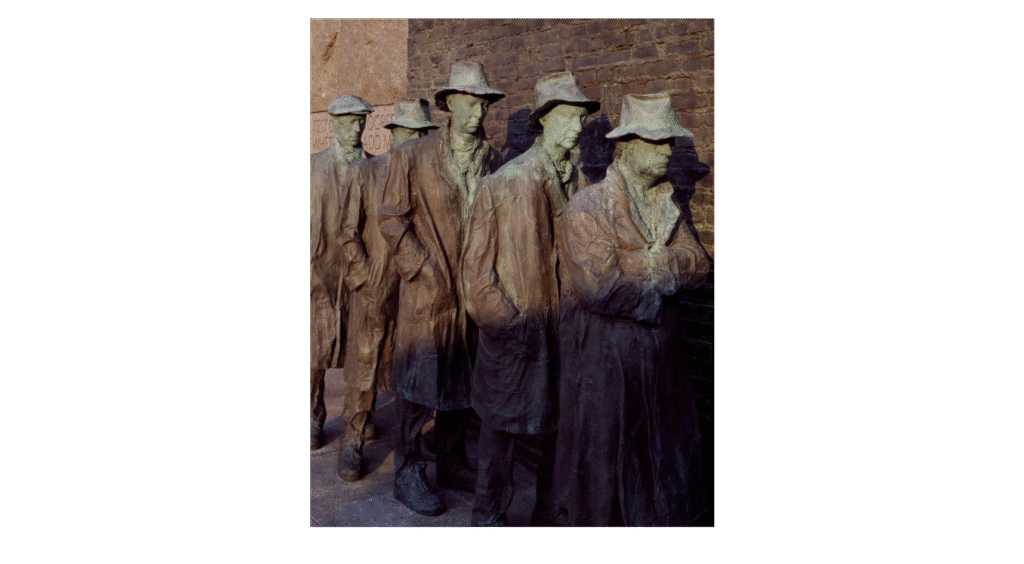
Across the world, populists and fascists rose in the vacuum created, promising to fix it. War was brewing.
The excesses of the Gilded Age had led to this, and people were determined not to let that happen again. They had seen what happened when all the wealth was concentrated in the hands of a few individuals.
The First Winter
True to winters, this one came with the ultimate system reset; another World War. It arrived with machines of death no one had seen before, claiming 70 million lives in the process. The world kicked back at fascism, militarism, and empires.

When the mustachioed Austrian, vegetarian/painter, offed himself in a bunker, it burned the old world, and a new order rose from the ashes. From the depths of a brutal winter, we emerge into the second spring.
The Second Spring: Post-War Space Race to Arms Race
The 1950s brought suburban bliss and technological bloom. Transistors gave birth to computers. NASA (with the help of smuggled Nazi scientists. Shout-out Operation Paperclip!) sent men to the moon.
Japan rose from the rubble of a double nuclear blow to become a manufacturing giant. The U.S. middle class thrived under the Progressive Era reforms of Franklin Delano Roosevelt’s ‘New Deal’. Europe Rebuilt.
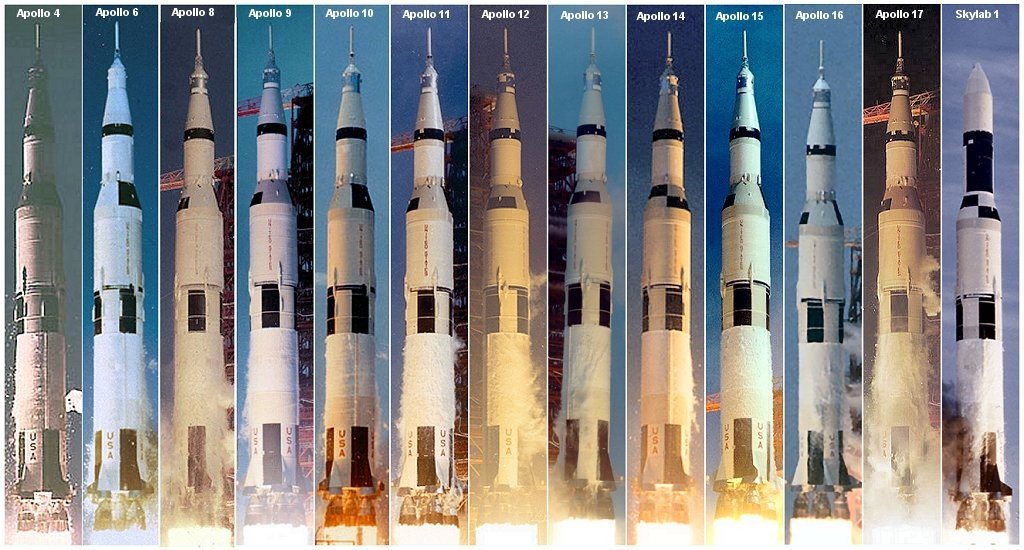
Beneath this veneer, though, the Cold War was brewing and the remaining empires were cracking under their own weight as more countries forced independence and ushered in Neo-colonialism (perhaps without fully realizing it).
In the mid to late 70s, the oil crisis showed the dangers of globalization and relying on people you weren’t aligned with.
The Second Summer: Globalization and the Internet
The 1980s and 1990s were drunk on optimism. The Berlin Wall fell. China opened its doors to the world. Africa gained independence one painful struggle at a time and then got coup-ed to death before socialism could pull it into a new era. The internet arrived (first tones and squeals) and then broadband.
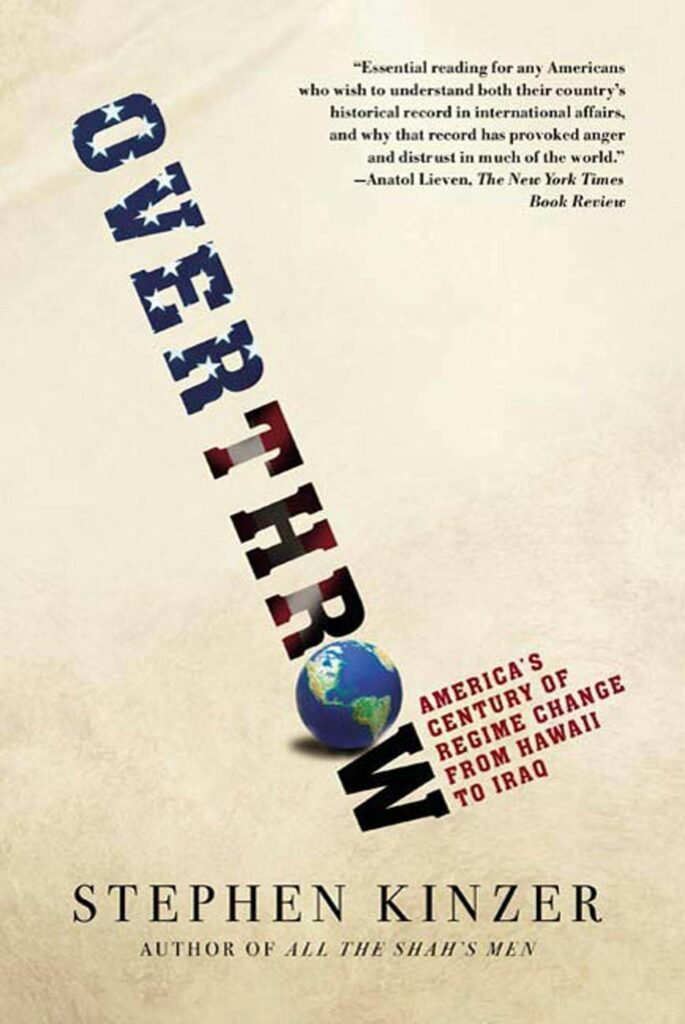
Capital flowed faster than ever before as American military might, at the behest of its corporations, and other colonial powers, meddled in the global south with literally hundreds of coups mostly suppressing socialism and attempts at change and self-governance.
Global supply chains wrap around the planet. Sweatshops in Dhaka stitched shirts for Paris. Code in Bangalore powered Wall Street. Information was free (or so we thought. Hello, JSTOR, you pieces of ****.) The techno-liberals proclaimed, “We’ve made it.”
As the decade drew to a close, the dot-com bubble would arrive. Investors who believed this time would be different were disappointed as trillions in paper wealth were wiped out overnight when the bubble burst. This was a warning shot.
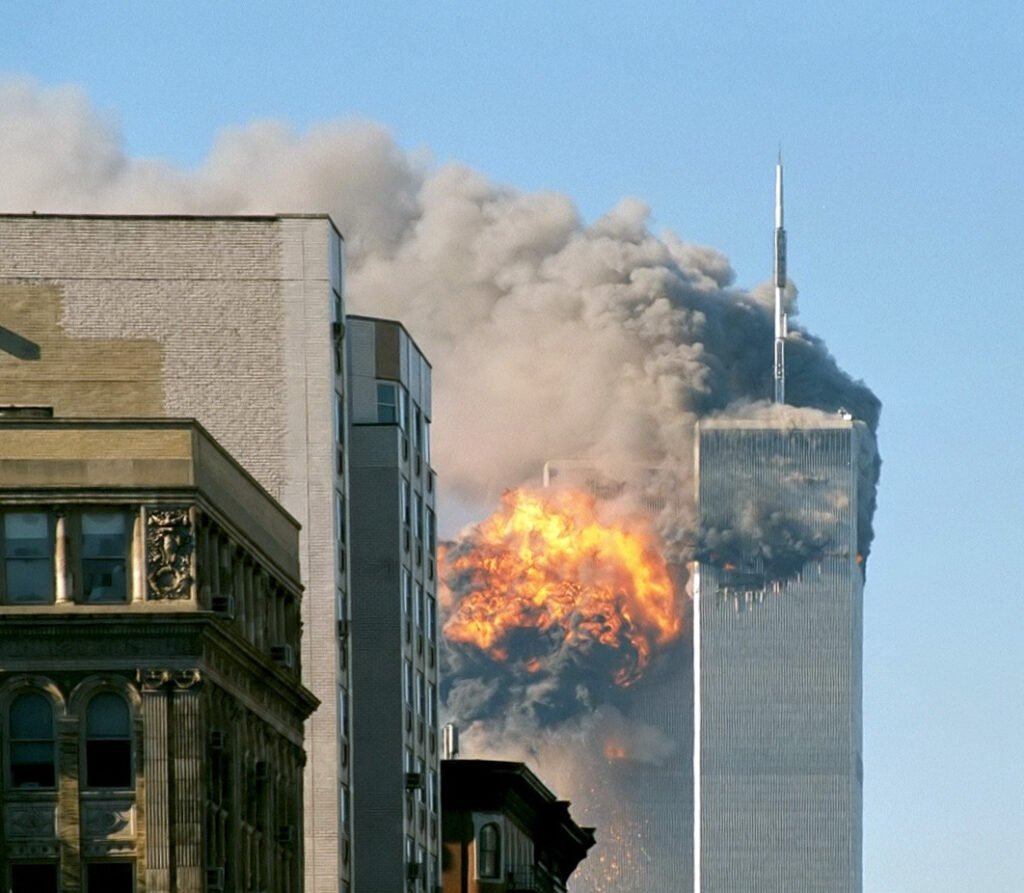
Then, 9/11 happened and kicked off the War on Terror. No more oil crisis, baby! At least not in the short term. The price? Trillions in defense spending and little to show for it after 20 years, except for a Middle East that is more shattered than ever.
The Second Autumn
Everyone has heard of the 2008 housing crash (watch ‘The Big Short’). Banks imploded. Economies (such as Greece) were decimated. The Arab Spring would follow soon after this.
We woke up to the fact that smartphones (the iPhone entered the market in 2007, on my birthday, no less, and forever changed the world) made us smarter, but lonelier, too.

Social media fractured us seemingly more than it connected. Climate change accelerated. Inequality widened. Data was harvested like oil. Entire industries started to automate workers. Growth continued. New billionaires were minted.

The people’s wages did not keep up with the growth, and they did not share in this boon. We saw this even more clearly during the pandemic. The world’s ten wealthiest men doubled their wealth by 2022 from $700 billion to $1.5 TRILLION (making about $1.3 billion a day) in just the first two years of the pandemic, while 99% of people’s incomes fell and 160 million people were pushed below the poverty level.
Oxfam estimated (shout out to them for speaking out about this) that this caused the deaths of at least 21,000 people per day, or about one person every four seconds, because of a lack of healthcare, gender-based violence, hunger, and climate breakdown.
So, that broke everyone and ensured we were about to kick off the winter. And you know what winter is like. You are living through it right now. You have probably attended a protest in the last four years or, at the very least, walked past one (join in next time, won’t you!)
The Second Winter: It Has Begun
The second winter is the age of artificial intelligence, automation, slop, job loss, hopelessness, a sense that you want to give up.
We sit at the edge of this winter with a new technology that inspires and breaks minds (literally, some people have lost their minds after speaking with ChatGPT.)
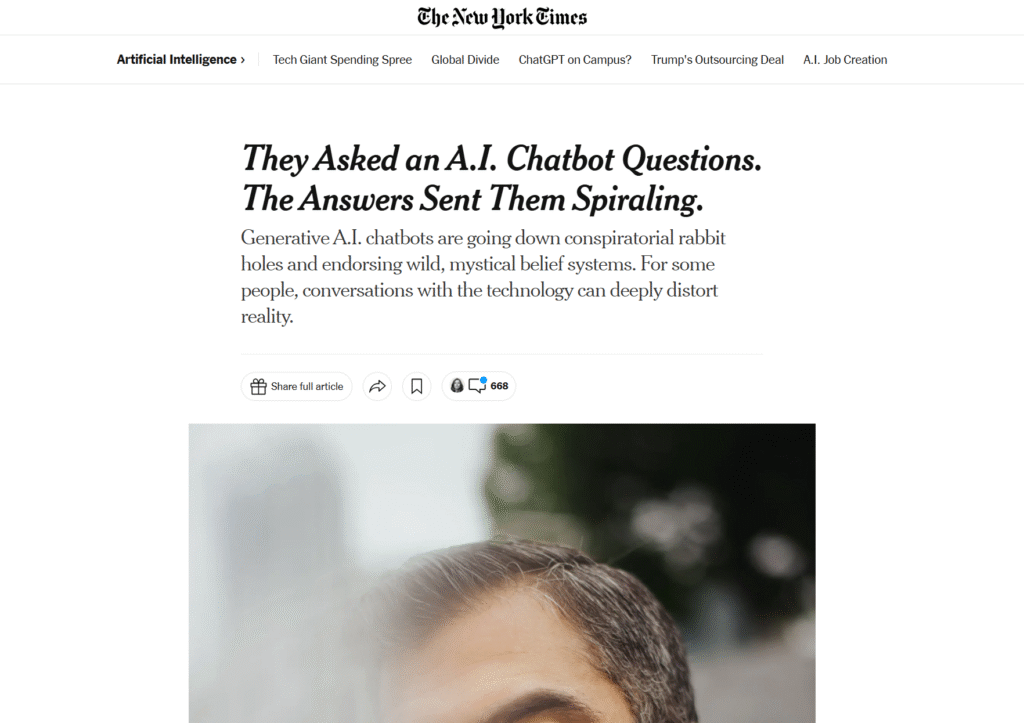
It doesn’t sleep. Doesn’t forget. Writes. Paints. Can predict cancer — and maybe war. Its owners are unelected, unregulated, and rich in a way you will never be able to understand. Chatbots counsel the lonely. Algorithms read your applications and decide whether to hire you. It watches over battles, choosing who to target with bombs.
Spring could come again, but only if we survive this winter. And we can’t do it without everyone agreeing that we can see what is happening and want to control how this breaks down, together.
Where Is Africa in All This?
While I have mentioned it a few times, most of the time, Africa was just reacting to colonial powers and the Western financial hegemony. After that, it responded to attempts at African Socialism, which was killed in the crib by the Western powers.
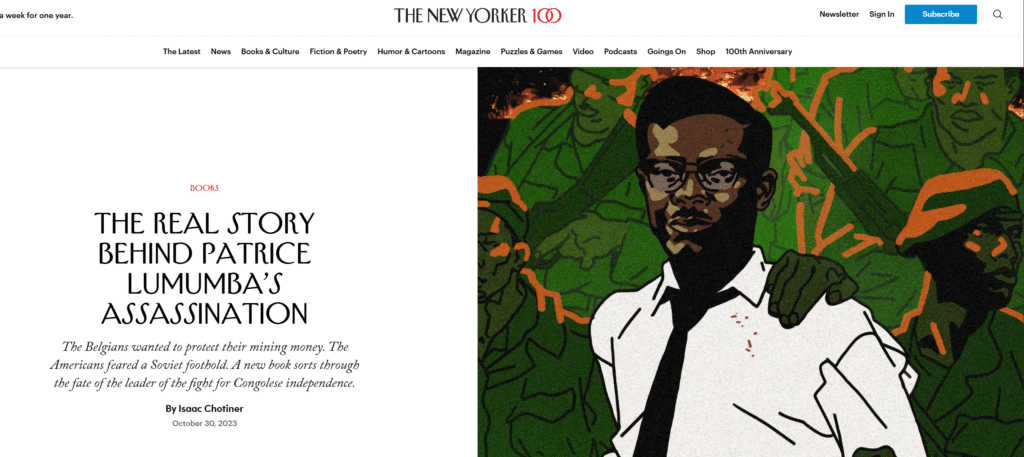
Now, it is reacting to the Neo-colonialism perpetrated by greedy collaborators and their dynasties.
Western financial might and control still remains, like a cloud that never clears, waiting to pounce on you with a bad deal that sees you receive aid that is far less than the value of the gold, cobalt, lithium, uranium, silver, etc., that their companies extract, using our children (literally kids) as cheap and disposable labor.
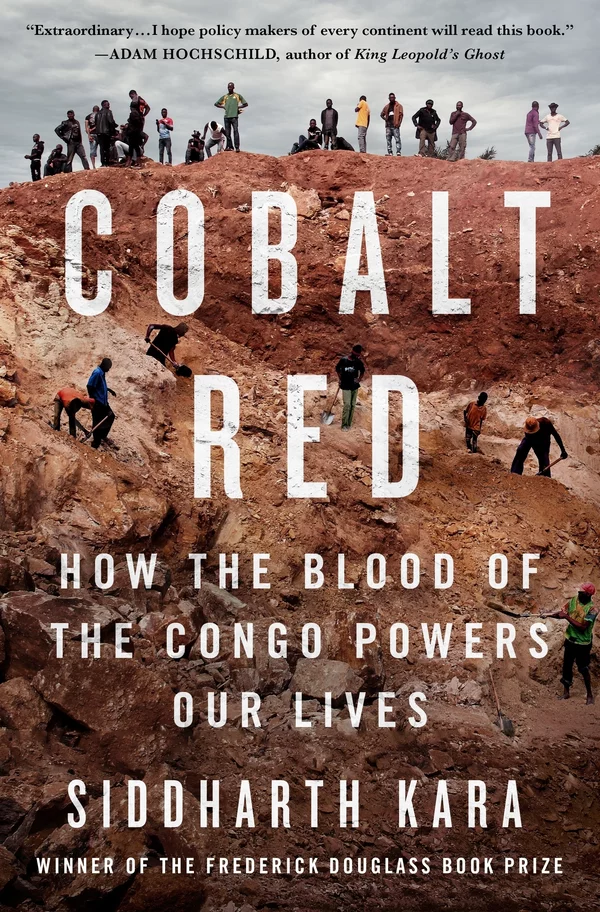
If you have too much valuable stuff (look at Congo), you are hit with just enough engineered instability to keep things chaotic enough so no one notices when billions of dollars get stolen and smuggled, never recorded on the books. We don’t even know we have lost much of what we have.
But you are waking up to this reality, aren’t you? You feel mad. How long are you going to stay mad? I suggest for the rest of your life. It took the failures of more than this one generation to get us here, and it will take more than your lifetime to get things to where we want them to be.
Choose what kind of spring you want to have, cause the winter bites already, and it is not pleasant so far.
Further Reading
